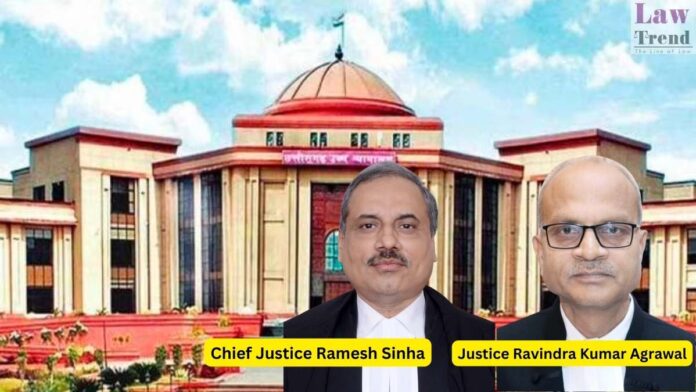The case revolves around a series of petitions challenging the registration of an FIR by the Anti-Corruption Bureau (ACB), Raipur, Chhattisgarh, against several high-profile individuals, including Anil Tuteja, a retired IAS officer, and others involved in alleged corruption activities. The FIR was registered under various sections of the Indian Penal Code (IPC) and the Prevention
To Read More Please Subscribe to VIP Membership for Unlimited Access to All the Articles, Download Available Copies of Judgments/Order, Acess to Central/State Bare Acts, Advertisement Free Content, Access to More than 4000 Legal Drafts( Readymade Editable Formats of Suits, Petitions, Writs, Legal Notices, Divorce Petitions, 138 Notices, Bail Applications etc.) in Hindi and English.




